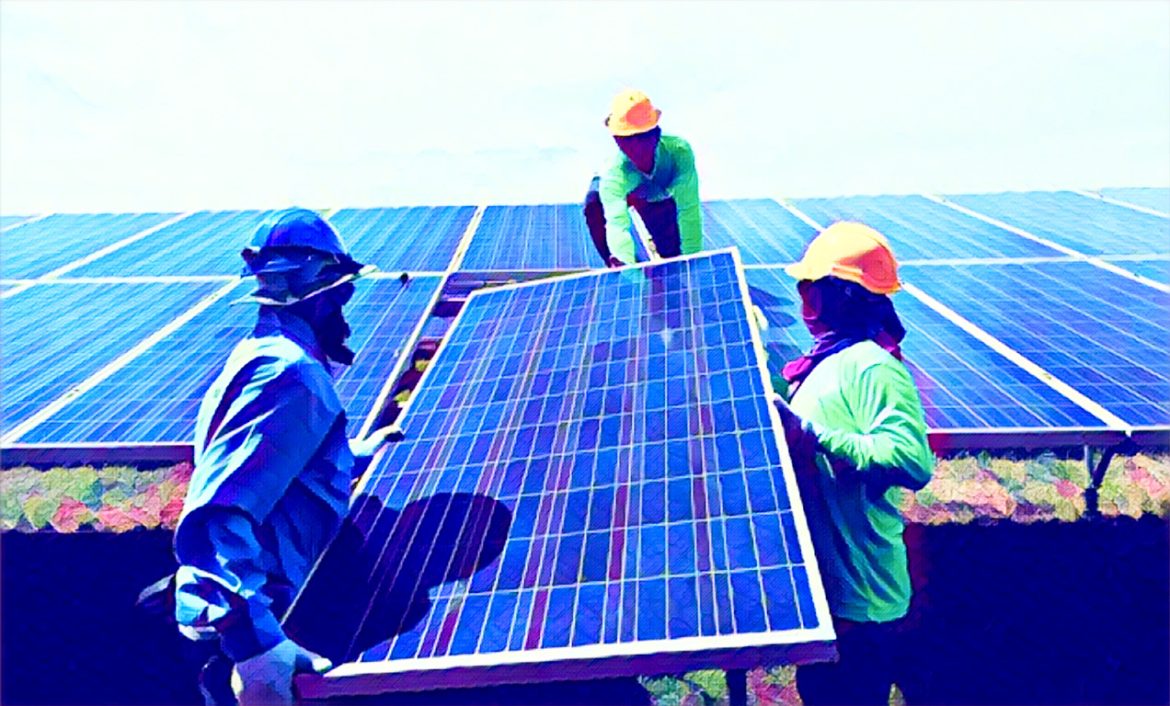KEY POINTS
- Solar panel imports surged 60 percent across Africa.
- Nigeria overtook Egypt as second-largest solar importer.
- Installation data gaps threaten Africa’s solar future.
Solar energy is steadily becoming a reality in every area of Africa. The year that concluded in June 2025 saw the most solar panels come into the country. This illustrates how quickly the continent is moving toward cheaper renewable energy.
According to Ember, a charity that analyzes energy, imports of solar panels hit 15,032 megawatts (MW), which is 60% more than the year before. This is the biggest increase in Africa so far, and it could change how people use energy, which would make fossil fuels less important.
When Africa buys solar panels, it changes the way it gets its power
This trend isn’t limited to just one market. Twenty countries set new records for how much they imported. While 25 countries bought more than 100 MW of solar panels, which is up from just 15 a year ago. With 1,721 MW, Nigeria is currently the second-largest importer on the continent, after South Africa. Algeria came next with 1,199 MW.
Algeria, Zambia, Botswana, and Sudan grew the fastest. In certain situations, imports surged by more than thirty times. The solar wave also had a large impact on smaller economies like Liberia, Benin, and Ethiopia, where they all grew a lot.
It shows that there aren’t enough individuals who can install solar panels yet that they have to be brought in from other nations.
A lot of people are interested, but it’s not clear how many panels have actually been put up. Analysts are worried that Africa would fall behind if it doesn’t have better information. Muhammad Mustafa Amjad, who heads the project at Renewables First, said, “Tracking makes the difference between a messy shift and an organized one.”
If they are fully set up, the newest imports could change the way people get electricity. For example, by 2023, solar panels may provide 61 percent of Sierra Leone’s electricity, and Chad might make up more than half of that. Sixteen countries could get more than 5 percent additional authority.
Solar panel imports in Africa means less diesel fuel
The paper says that in Nigeria, solar panels can pay for themselves in six months by replacing pricey diesel fuel. But in most countries that buy a lot of goods, solar panels are 100 times cheaper than oil. But the economics of solar are changing very quickly. Now, governments have to choose between continuing to buy old fuels or switching to cheaper, renewable energy.
Dave Jones, Ember’s head analyst, said that Africa’s solar expansion is “a pivotal moment” and that more study is needed to keep track of how things are progressing. He said, “If Africa got the world’s cheapest source of electricity, it could change.”


